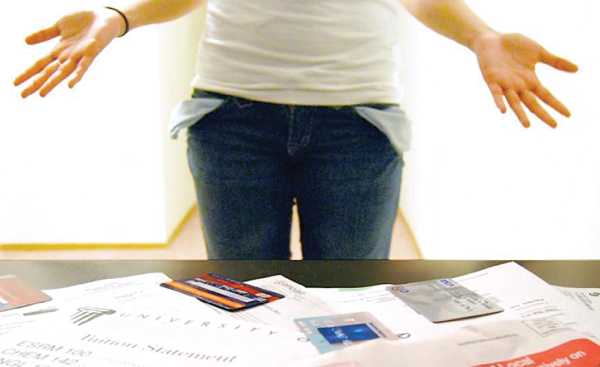LEARN HOW TO SETTLE DEBTS WITH EASE

Debts can be oppressive especially when you can’t show what you did with the loan you took. The panacea to debt is clearing them; there is no other way forward. It is a fact that clearing debts is not easy especially if you rely on a monthly salary. But you need to know that settling debts is a step towards financial freedom. Here are tips on how you can clear debts easily despite your tight budget.
Make a list of all debts you have. Be honest with yourself and make a list of all debts you
have including mortgage, personal loans and credit, among others. As you list them, start planning on how to pay them starting with those with higher interest rates and those that are urgent say, you owe someone money and you had agreed to give it back at a stipulated time. Talk to the people you owe money. This is a polite way of telling those you owe money that you remember about the debt. If you are going through a financial crunch, the worst you can do is to go mum on your creditors. Let them know what is happening in your life and what you are doing to ensure you continue servicing the loan. You can then agree on a new payment schedule that will favour your situation.
Pay off debts before saving.
Before you start saving, settle the debts especially if they are small debts. But remember, it is not wise not to save at all; even while you are looking at clearing your debt, you can reduce your monthly savings and pay your debtors with the rest.
Get financial advice. Getting out of debt is not a walk in the park. You may need to get advice from experts on how you can service your loan without killing yourself. An experienced debt advisor will treat your information with confidence and he will not judge you or make you feel inferior. They will suggest ways of paying the debt that you might not know about. While looking for a financial advisor, don’t get into another debt to pay the advisor; there are financial advisors who can give you advice for free. Also, make Google your friend and get free financial advice from the Internet.
Identify the cause of the debt. Don’t search far and wide; you are the cause of the debt. Yes, your financial behaviour and judgment are the primary causes of the your debt. This means you may be spending more than you earn. Ask yourself: How did I get here? Once you identify the habit that led you into debt, you will be able to steer clear from it then pay off the debt in a reliable and efficient way. For instance, if you used to spend a lot of cash on entertainment, you can slash it and prioritise. If you shop in up-market areas where prices of goods have been exaggerated, consider other options where you can get the same item at a cheaper price.
Budget. If you know you are extravagant, it’s time for you to come up with a budget and cultivate the discipline to stick to it. Only use what you have planned to use. Be realistic and work out what you can afford to repay and still stay within your budget. When you are writing a budget, remember to include savings and an emergency kitty, if your income will allow. If it can’t, then stick to savings. Saving is an integral part of your budget.
Watch your daily spending. One of the surefire ways of watching your daily spending is withdrawing the money you need at the beginning of the week and giving your card to a trusted family member or friend for safekeeping – of course, don’t give out the PIN to your account. If you trust yourself and your level of discipline, you don’t have to give out your card.
Sell your loan. Many people take loans when they are pressed for money and hence jump on the first creditor who is willing to finance them without taking into consideration the terms and conditions that come with the loan. It is only after one starts servicing the loan that they realise there were other hidden charges. Also, one can find a bank whose loan interest is lower than your creditor’s. Many creditors nowadays have a service where they can buy your loan and you repay them. This might be an option if your bank charges high interest.
Published March 2016




